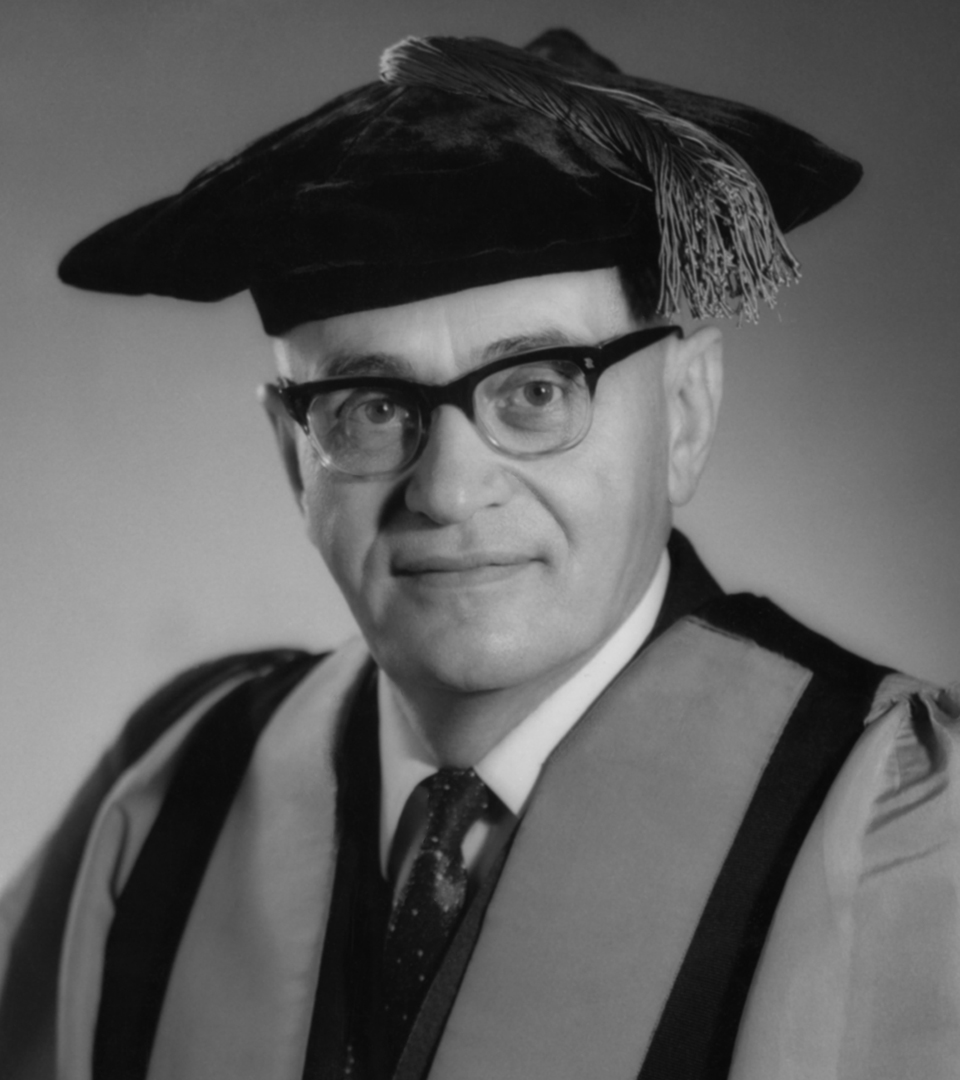Samuel Pauw


Professor Samuel Pauw received his MA from Unisa in 1939 and served as Unisa’s Principal and Vice-Chancellor from 1956 to 1972.
Samuel Pauw trained as a teacher and sociologist, and held various educational posts before joining Unisa. Pauw’s years at Unisa’s helm coincided with the heightening of apartheid state control over all functions of society. Pauw was Deputy Chair of the Broederbond, the inner circle of Afrikaner power, and under his stewardship, Unisa pursued partnerships with the state, bolstering the apartheid agenda. Nonetheless, Pauw was a fiercely independent administrator. In the early 1960s, the Department of National Education lobbied to relocate Unisa to Johannesburg. The envisaged move would make Unisa an exclusively Afrikaans-medium university, and correspondence tuition for black students would be terminated, eradicating its bilingual character and surprisingly multiracial student body. Pauw’s stubborn resistance saved Unisa; Cabinet eventually rejected the plan. Pauw is credited with transforming Unisa into “a national university of the first rank” and aligning Unisa with the distance learning technology of the day — the newly invented audio cassette. Unisa experienced tremendous growth during his term as Vice-Chancellor; student numbers expended from 6,342 in 1956 to 25,544 in 1971. A regional office was opened in Cape Town in 1966.